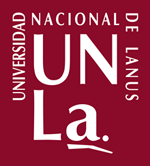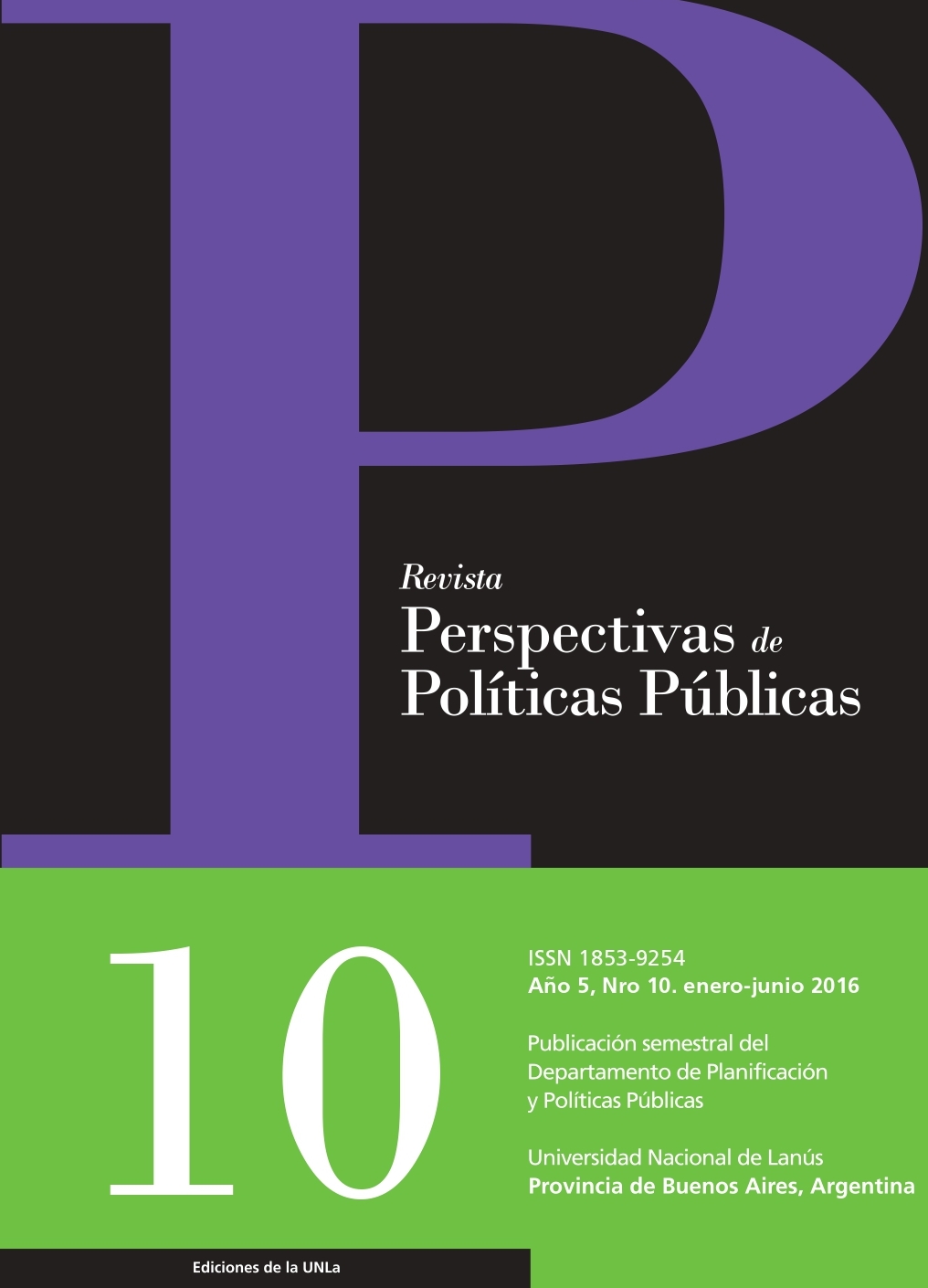The dilemma of social hybrids as an alternative production.
Abstract
The recent history of metropolitan passenger railways is characterized by the implementation of successive transformations in the social forms of organizing their delivery. They have had as common denominator a growing role of the State in the activity, with heterogeneous results that hinder a positive balance of the stage. The hypothesis proposed is that one of the main conditions that allow us to understand this situation lies in the configuration of a particular relationship between the State,
Union syndicalism, which has been conceptualized as a collusive symbiosis. The period covered by this study starts in 2003 and ends in 2015.






